Few things are more frustrating than investing years into a TV show, only for the finale to undo everything that made it great. Some endings are rushed, others are bizarre, and a few are so controversial they still spark debates today.
A bad finale doesn’t just ruin a single episode—it can overshadow an entire series, turning devoted fans into bitter critics. Whether it was a lazy wrap-up, an unnecessary shock twist, or a complete betrayal of the characters, these finales left audiences feeling cheated.
Let’s look back at 27 of the worst TV show endings that left fans shaking their heads.
Game of Thrones

The “Game of Thrones” finale sparked widespread disappointment among its fanbase. After a staggering buildup over eight seasons, expectations were high. However, the last episode seemed rushed, with character arcs abruptly concluded.
Once praised for its complex storytelling, the finale reduced these intricacies to simplistic resolutions. Fans felt key motivations were ignored.
The visual spectacle, while impressive, could not overshadow the lack of narrative coherence. Many viewers longed for a more satisfying end, matching the series’ previous depth. The ending’s reception serves as a reminder of the importance of aligning with audience expectations.
How I Met Your Mother
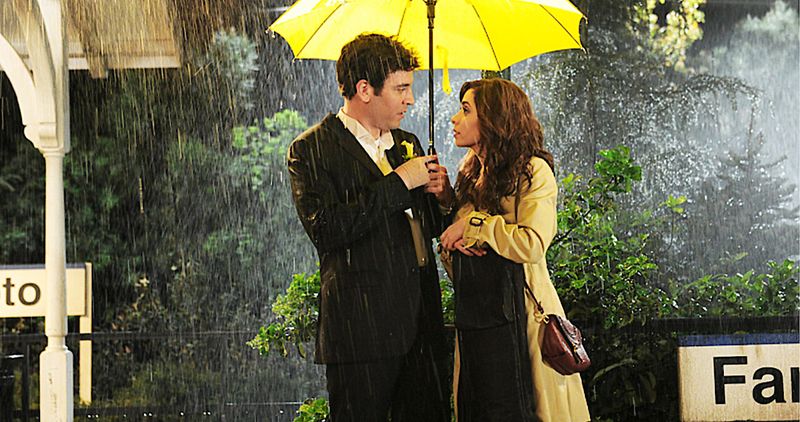
Fans of “How I Met Your Mother” were met with an unexpected twist during its finale. After nine seasons, the story’s ending seemed to contradict the core narrative. Ted’s long-awaited meeting felt overshadowed by a rushed romantic subplot.
Viewers found the conclusion to be inconsistent, especially after investing years in the journey. Characters reverted to earlier behaviors, negating their development.
While the series often thrived on surprises, this particular twist felt forced rather than earned. The reception highlighted the challenge of concluding a beloved story in a way that honors its journey.
Lost

The finale of “Lost” left fans puzzled and unsatisfied. Known for its enigmatic plotlines, viewers hoped for answers in the concluding chapter. Instead, the episode left many questions unresolved.
Key mysteries that had intrigued audiences for years were either ignored or given vague explanations. The ambiguity, once a strength, became a frustration.
While the character-centric ending provided some emotional closure, it failed to address the intricate mythology of the island. The finale’s reception emphasized the delicate balance between maintaining mystery and delivering satisfactory resolutions.
Dexter
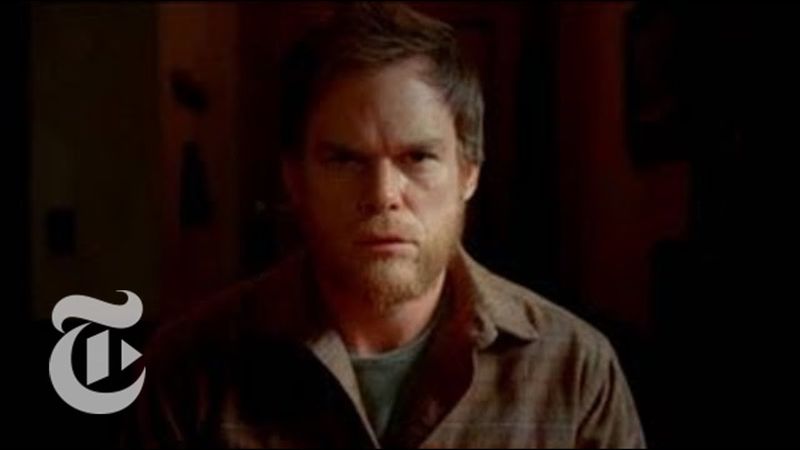
The “Dexter” finale polarized its audience with its surprising conclusion. Over eight seasons, Dexter’s moral conflict captivated viewers, but the ending left many bewildered.
Instead of a climactic showdown, the series concluded with Dexter abandoning his old life without clear resolution. This move seemed inconsistent with his established character.
Fans felt deprived of a satisfying closure to Dexter’s journey, as it lacked the tension and payoff expected. While some appreciated the bold direction, the majority saw it as a missed opportunity to conclude the story meaningfully.
Seinfeld
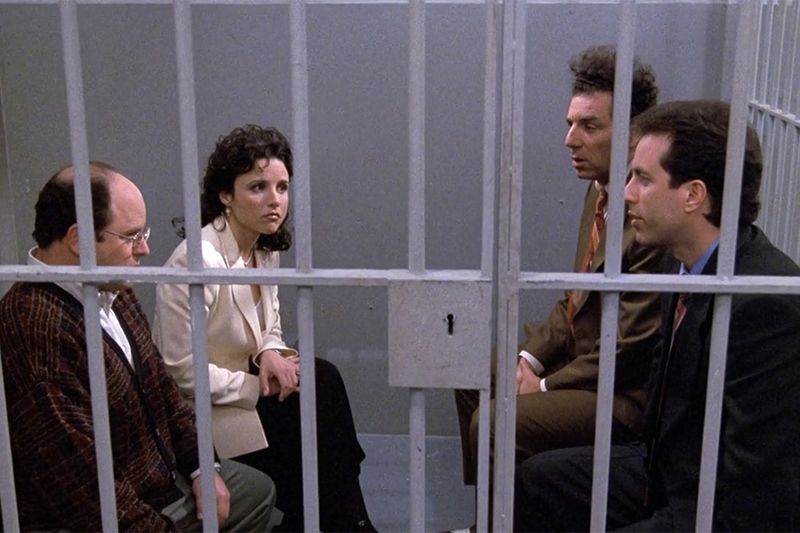
The “Seinfeld” finale diverged from its usual comedic tone, leading to mixed reactions. Known for its “show about nothing” approach, the series ended with the characters facing a trial.
This unexpected turn felt disjointed from the show’s typical humor and everyday observations. Fans were left wondering about the necessity of this serious twist.
While some appreciated the callback to earlier episodes, others found it a stark departure from what made the show beloved. The finale underscores the risks of straying too far from a show’s established identity in its conclusion.
The Sopranos
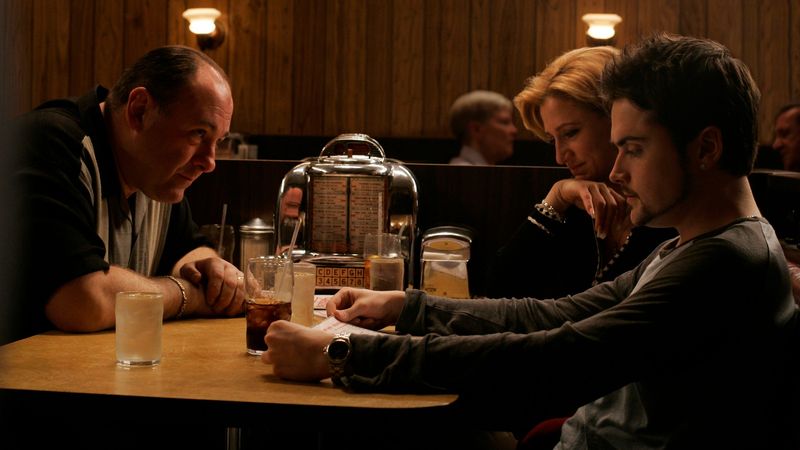
The ending of “The Sopranos” sparked debate with its abrupt cut-to-black scene. Fans were left in suspense, questioning Tony’s fate. This ambiguous conclusion was a bold narrative choice.
While some praised its artistic merit, others were frustrated by the lack of definitive closure. The series, known for its rich storytelling, left viewers divided.
The open-ended finale became a topic of extensive discussion, illustrating the power of television to evoke varied interpretations. It remains a quintessential example of how ambiguity can both intrigue and disappoint.
True Blood
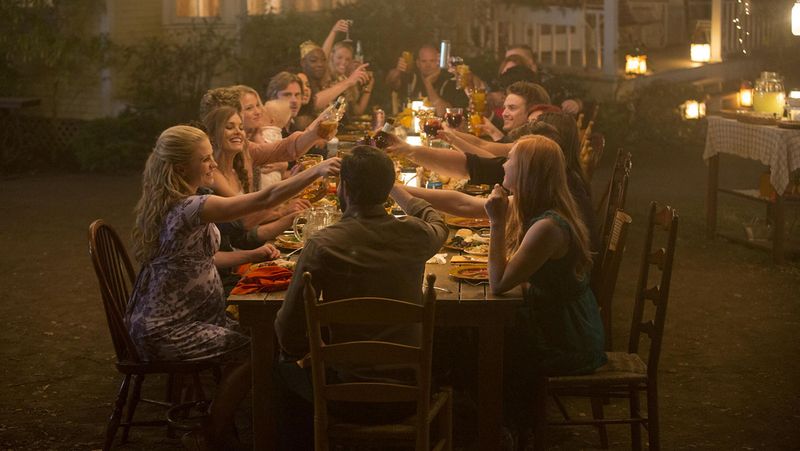
The “True Blood” finale left fans with mixed feelings. After seven seasons of supernatural drama, the conclusion felt lackluster. Characters’ arcs were hastily wrapped up, leaving a sense of incompleteness.
The series, known for its intense and thrilling plotlines, ended on a surprisingly subdued note. Many viewers felt the final season lost its earlier vigor.
While the finale attempted to bring emotional resolution, it lacked the impact and excitement fans had come to expect. The ending serves as a reminder of the challenge in maintaining momentum through to a show’s conclusion.
Roseanne
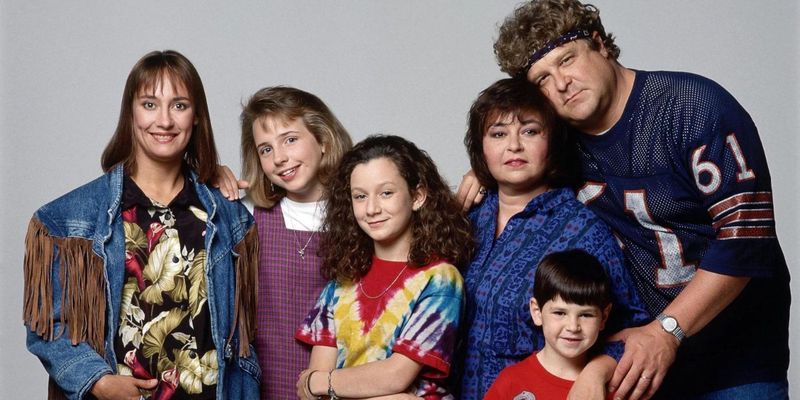
The “Roseanne” finale took a surprising turn, revealing much of the series as fictionalized within its own narrative. This twist caught many fans off guard.
Known for its relatable portrayal of a working-class family, the show’s sudden shift to meta-fiction felt disconnected. Viewers who had invested emotionally in the characters were left puzzled.
The ending, while creative, seemed abrupt and unaligned with the series’ foundation. It serves as a cautionary tale of the risks involved in altering a show’s fundamental approach in its final moments.
Scrubs
The “Scrubs” finale was a topic of debate among its audience. With a shift to a new setting in the final season, many fans felt disconnected. The change overshadowed the heartfelt tone the series was known for.
While the series attempted to introduce new characters, the lack of continuity with the original cast was apparent. Viewers missed the familiar dynamics.
Although the finale tried to recapture the show’s spirit, it struggled to resonate as strongly. This illustrates the challenge of maintaining a beloved series’ charm amid significant shifts.
Weeds
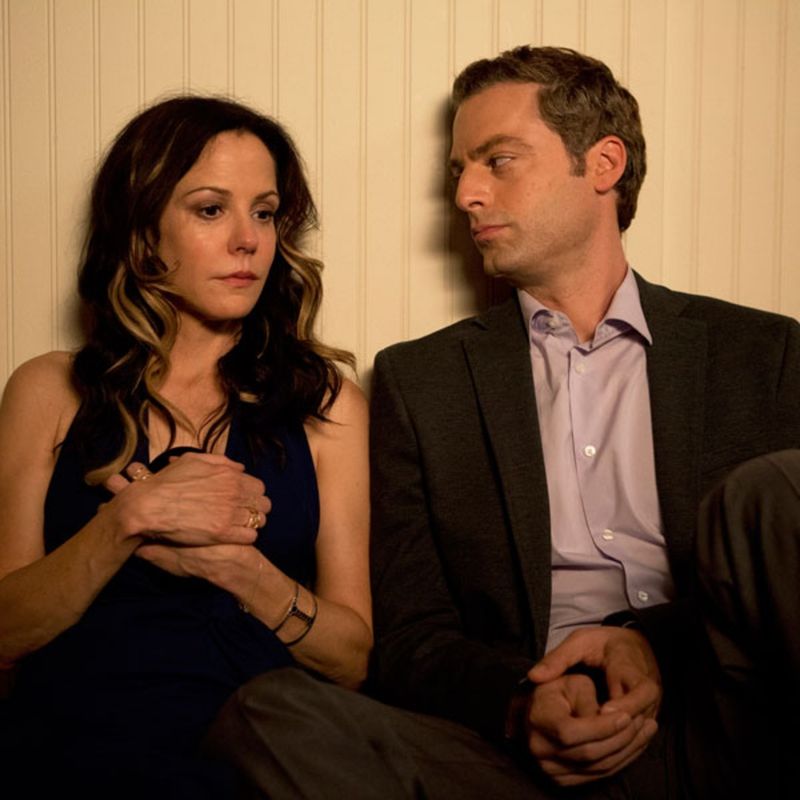
The finale of “Weeds” aimed to tie up its complex narrative but left fans with mixed feelings. The series, known for its dark humor and unpredictable twists, concluded on a seemingly mundane note.
The time jump in the final episode felt rushed, leaving character developments unexplored. Fans were left wanting more depth and closure.
While the finale attempted to provide a sense of resolution, it lacked the daring spirit that defined the series. The conclusion highlights the difficulty in balancing closure with the essence of a show’s original appeal.
Battlestar Galactica
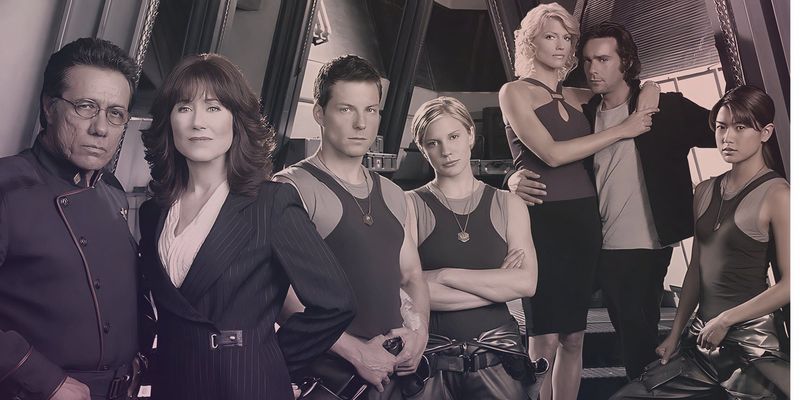
The “Battlestar Galactica” finale divided its fanbase with an unexpected turn towards spirituality. Known for its science fiction themes, the ending introduced a divine element that surprised many.
This shift left some fans feeling alienated, as it deviated from the series’ established narrative style. The resolution of key plotlines felt more mystical than logical.
While the finale provided closure, it did so in a way that left room for debate. It highlights the challenges faced when integrating new themes into a well-defined genre.
Heroes
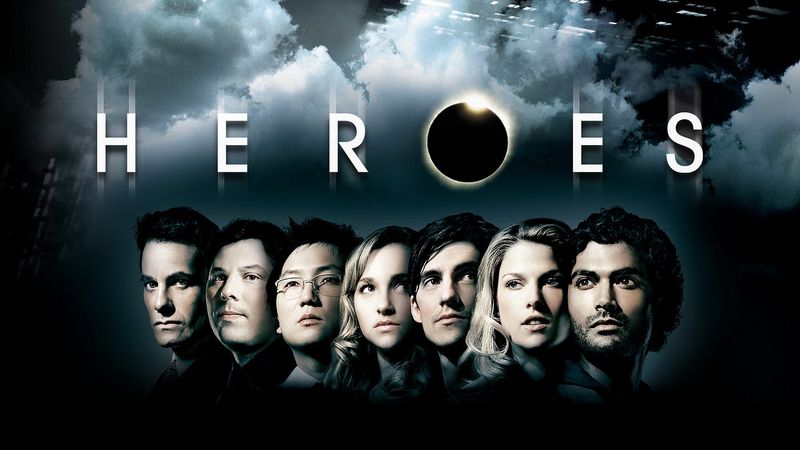
The finale of “Heroes” left fans with a sense of incompleteness. Originally celebrated for its novel take on superpowers, the series struggled to maintain its initial momentum.
The final episode felt like an open-ended chapter rather than a conclusion, leaving numerous storylines unresolved. Fans were left wondering about the fate of beloved characters.
While the show excelled in its early seasons, it ended on a note that felt more like a pause. This serves as a reminder of the importance of planning a coherent narrative arc from start to finish.
Gossip Girl
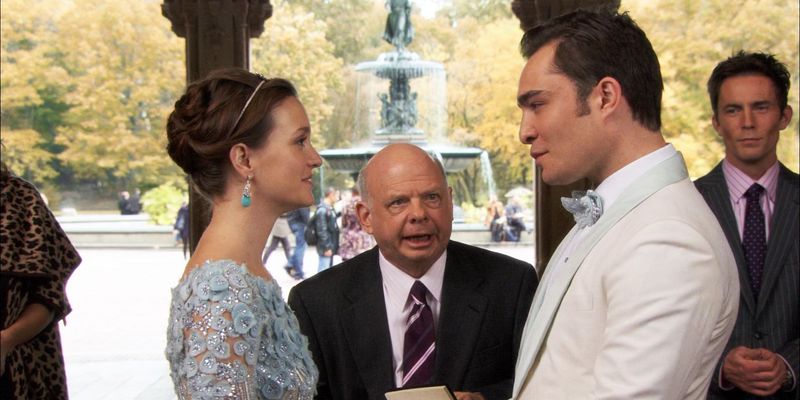
The “Gossip Girl” finale surprised viewers with its unexpected reveal of the titular character. This twist left fans re-evaluating previous events in the series.
While the show was known for its dramatic turns, the final revelation felt implausible to many. Longtime viewers found it difficult to reconcile this with established narratives.
The series ended with attempts to wrap up character arcs, but left some fans craving more depth. The conclusion highlights the challenge of delivering a twist that aligns with a show’s established storyline.
The X-Files
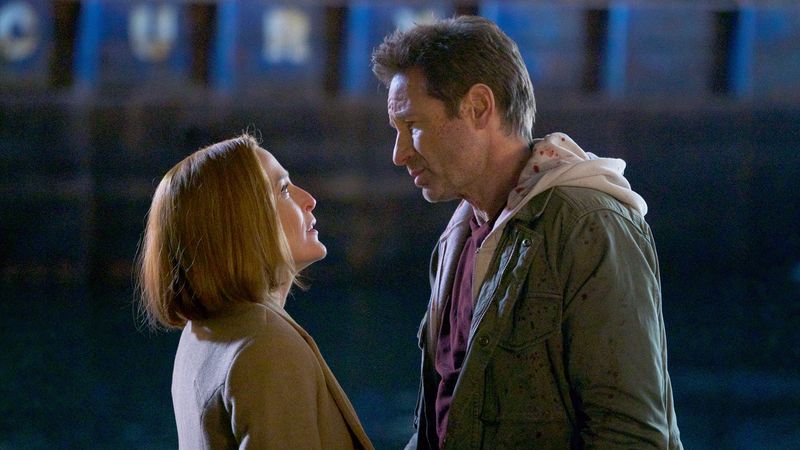
The “X-Files” finale left fans with a blend of intrigue and dissatisfaction. Known for its exploration of the paranormal, the series’ ending felt incomplete to many.
The final episode attempted to address ongoing mysteries, but left several key questions unanswered. This ambiguity, while thematic, frustrated viewers seeking closure.
While the finale maintained the series’ atmosphere of mystery, it struggled to provide the definitive resolution fans hoped for. It serves as a reminder of the delicate balance between sustaining intrigue and delivering satisfying conclusions.
Two and a Half Men

The “Two and a Half Men” finale took an unusual turn with its meta-humor. Known for its straightforward comedy, the final episode subverted expectations with self-referential jokes.
This approach left some fans amused, while others found it jarring compared to the show’s typical humor. The lack of conventional resolution led to divided opinions.
While the finale embraced a bold comedic style, it struggled to resonate with all viewers. It highlights the risks involved in departing from a show’s established comedic formula in its conclusion.
Entourage
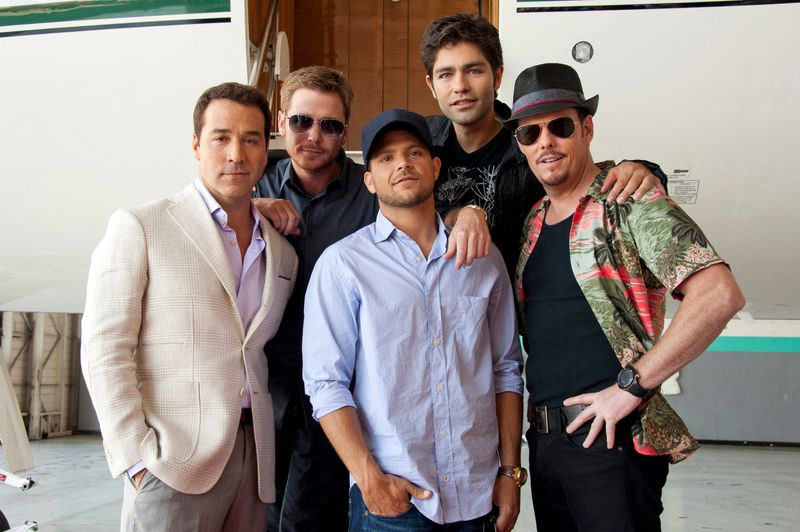
The finale of “Entourage” aimed to capture the essence of Hollywood dreams but left fans with mixed feelings. The series, known for its depiction of celebrity life, concluded on an unexpectedly subdued note.
The final episode attempted to provide closure, but felt rushed, leaving character arcs underdeveloped. Fans were left desiring more depth and resolution.
While the series maintained its signature style, the finale’s lack of impact was apparent. It serves as a reminder of the challenge in delivering a satisfying conclusion that honors a show’s original premise.
House
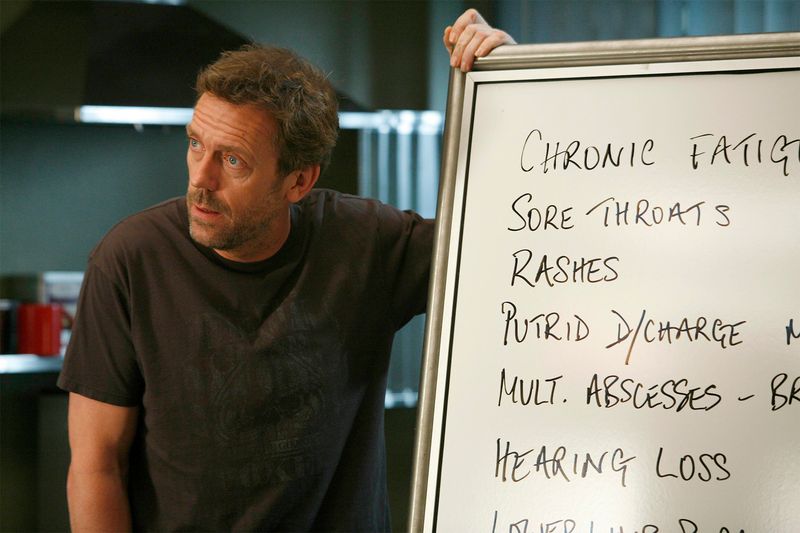
The “House” finale left viewers with mixed emotions. After years of solving medical enigmas, the ending took an unexpected turn. Known for its intellectual depth, the series concluded on a note that surprised many.
The final episode’s focus shifted away from medical mysteries to a more personal storyline, leaving some fans yearning for the show’s original intrigue.
While it provided character closure, the deviation from the show’s core theme left some unsatisfied. It underscores the difficulty of maintaining a beloved formula while exploring new narrative directions.
St. Elsewhere
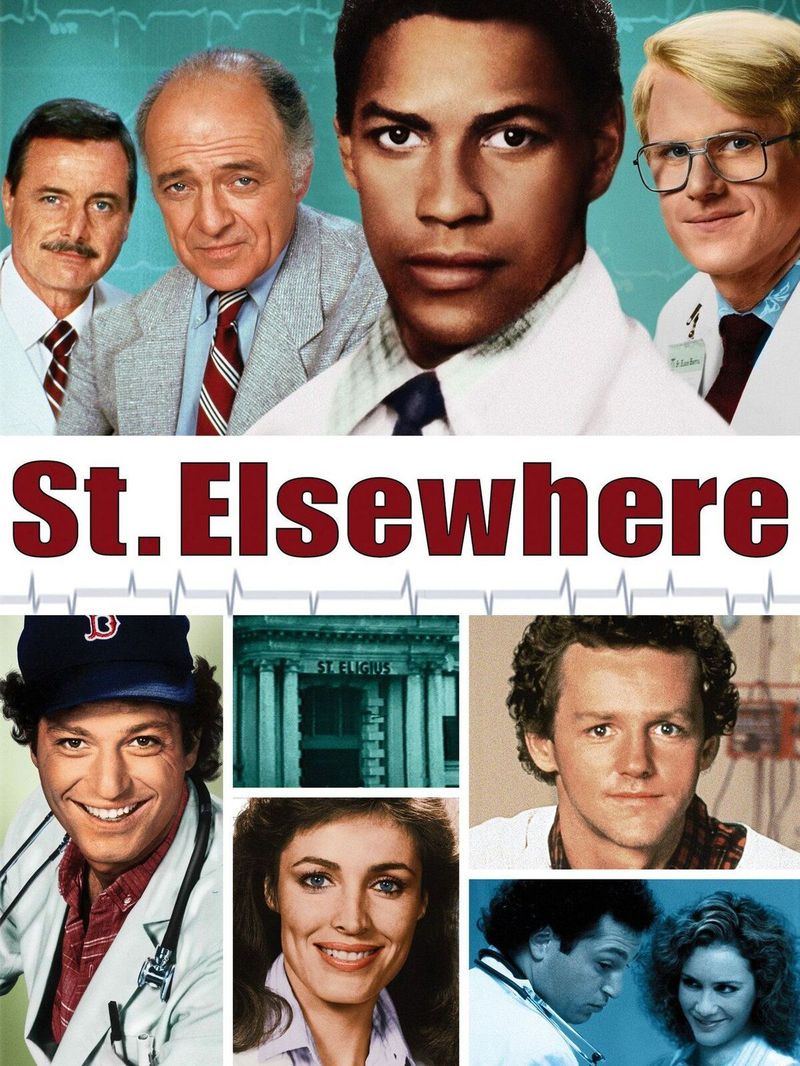
The finale of “St. Elsewhere” introduced a twist that left fans astonished. Revealing the entire series as the imagination of a child deviated sharply from expectations.
Known for its realistic portrayal of hospital life, this ending re-contextualized the entire narrative. Viewers found it challenging to reconcile this imaginative twist with the series’ established realism.
While the finale was creative, it left fans with a sense of disconnection. It serves as a reminder of the risks involved in dramatically altering a show’s foundation in its conclusion.
Will & Grace
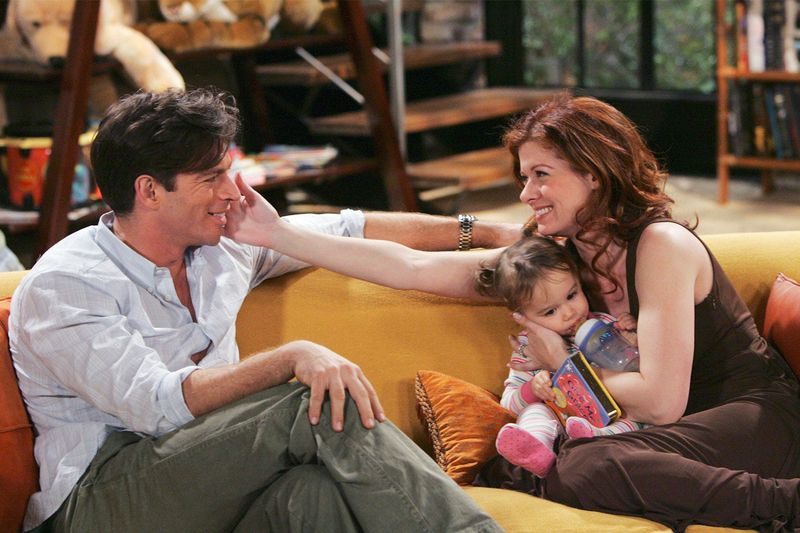
The “Will & Grace” finale aimed to wrap up the beloved series with a sense of closure. However, the time jump used in the final episode left fans with mixed feelings.
This narrative choice, while providing a glimpse into the characters’ future, felt abrupt to some. It overshadowed the series’ typical comedic charm.
While the finale attempted to honor the show’s spirit, it struggled to resonate with all viewers. It highlights the challenge of maintaining a beloved series’ essence while exploring new storytelling techniques.
Smallville
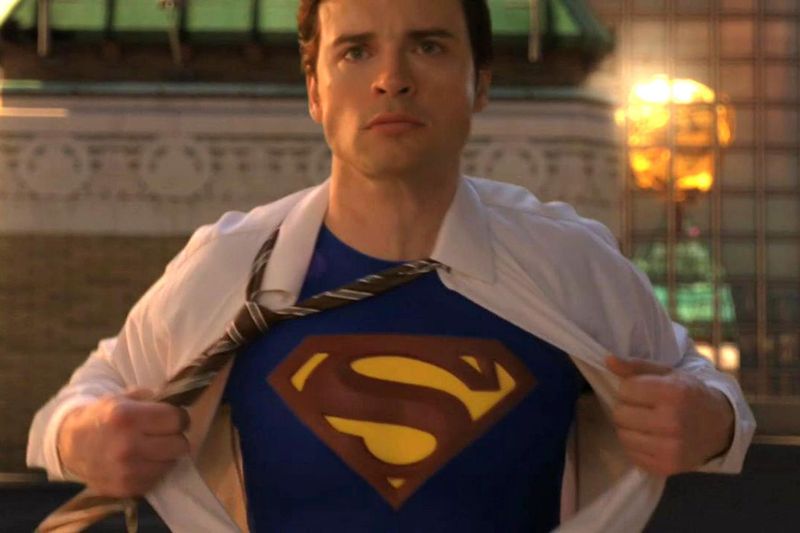
The “Smallville” finale left fans with a sense of anticipation mixed with letdown. Known for its exploration of Superman’s early years, the series concluded with an expected reveal.
However, the final episode felt rushed, leaving some character arcs underdeveloped. Fans hoped for a more comprehensive exploration of Superman’s transition.
While it provided the iconic moments fans awaited, the lack of depth left some wanting more. It highlights the challenge of delivering an ending that meets long-standing fan expectations while staying true to a show’s roots.
Mad Men
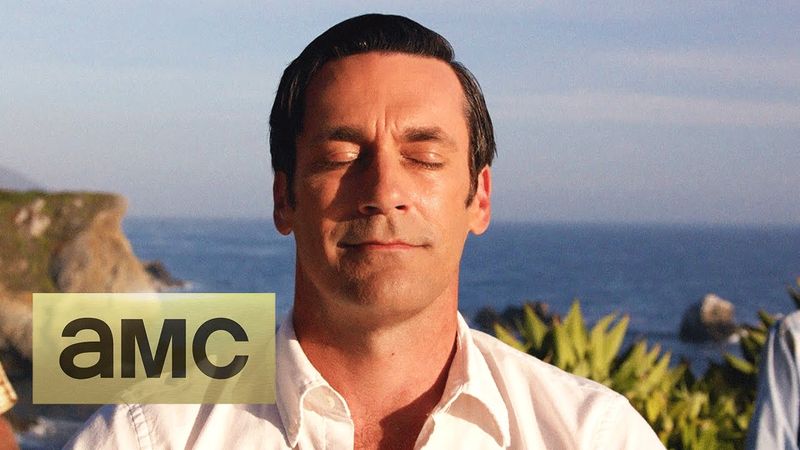
The “Mad Men” finale left fans with a sense of contemplation and uncertainty. Known for its complex characters and intricate storytelling, the series concluded on an introspective note.
While the final episode provided character closure, some fans felt it lacked the dramatic impact expected. The open-ended nature left room for interpretation.
The series maintained its signature style, but the finale’s subtlety left some desiring more explicit resolution. It highlights the delicate balance between honoring a show’s narrative depth and delivering a definitive conclusion.
Star Trek: Enterprise
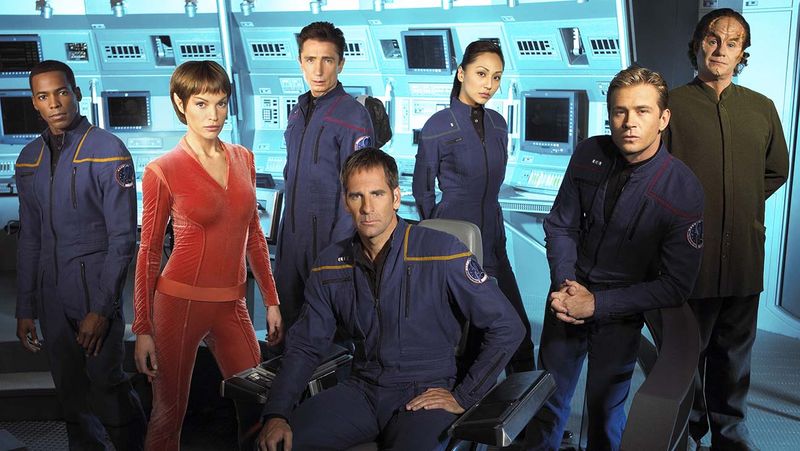
The finale of “Star Trek: Enterprise” left fans with a mix of nostalgia and disappointment. Known for its exploration of space and unity, the series concluded on a note that felt disconnected.
The final episode attempted to wrap up the series by revisiting previous events, but felt more like a tribute than a conclusion. Fans were left wanting more original content.
While the finale honored the franchise’s legacy, its lack of fresh resolution was evident. It highlights the challenge of balancing homage with new storytelling in long-running series.
The Office (U.S.)

The “Office” finale aimed to bid a fitting farewell to its beloved characters. Known for its comedic brilliance, the series concluded on a sentimental note.
While the final episode provided closure, some fans felt it lacked the comedic punch expected. The shift towards sentimentality overshadowed the show’s usual humor.
While it honored the series’ heart, the finale’s tone left some viewers longing for more laughter. It underscores the challenge of concluding a comedy series while maintaining its comedic essence.
Sons of Anarchy

The “Sons of Anarchy” finale left fans with mixed emotions. Known for its intense drama and complex characters, the series concluded with a dramatic yet expected resolution.
While the final episode provided closure, some fans felt it lacked the unpredictability that defined the series. The anticipated nature of the ending left some wanting more surprises.
While it honored the series’ themes, the finale’s lack of unexpected twists highlighted the challenge of delivering a satisfying conclusion while maintaining suspense. It serves as a reminder of the importance of balancing resolution with narrative tension.
Quantum Leap
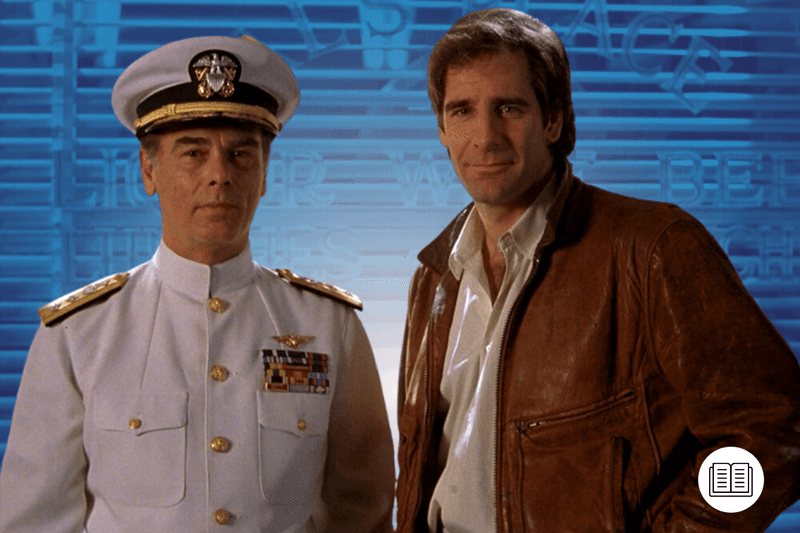
The finale of “Quantum Leap” left fans with a mix of intrigue and unfulfilled expectations. Known for its unique time-travel premise, the series concluded on an ambiguous note.
The final episode left many questions unanswered, leaving fans pondering the protagonist’s fate. This open-ended approach, while thematic, left some viewers yearning for more clarity.
While the finale maintained the series’ sense of wonder, it struggled to provide the definitive resolution fans hoped for. It underscores the challenge in balancing ongoing intrigue with satisfying closure.
Alias

The finale of “Alias” left fans with a mix of fulfillment and lingering questions. Known for its espionage and intrigue, the series concluded with dramatic revelations.
However, the final episode’s fast-paced narrative left some storylines unresolved. Fans were left pondering the fate of certain characters and subplots.
While it provided excitement, the finale’s lack of complete resolution highlighted the challenge of wrapping up a complex series. It serves as a reminder of the importance of balancing action with narrative closure.
Veronica Mars
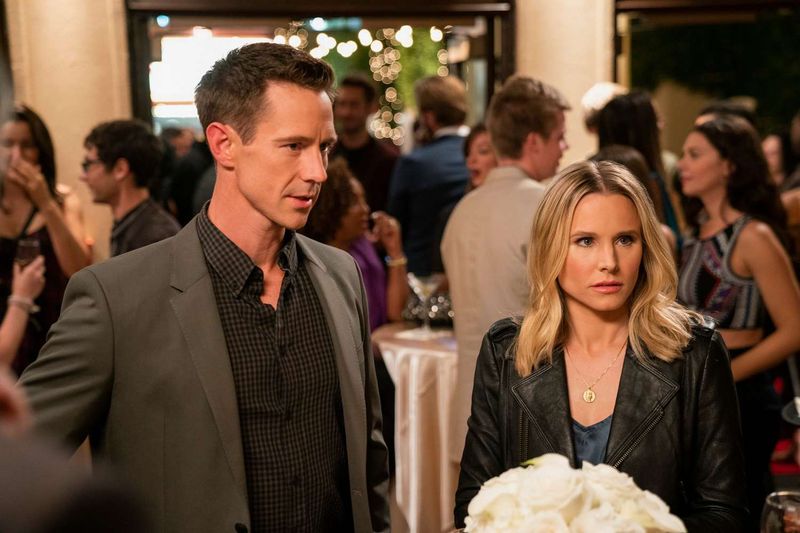
The “Veronica Mars” finale left fans with a sense of anticipation for more. Known for its sharp wit and mystery, the series concluded on an open-ended note.
The final episode left some storylines unresolved, leaving fans hoping for further exploration of Veronica’s journey. This open-ended approach, while intriguing, left some viewers craving more closure.
While it maintained the series’ engaging tone, the lack of resolution highlighted the challenge of balancing intrigue with satisfying conclusions. It serves as a reminder of the importance of providing closure in serialized storytelling.
